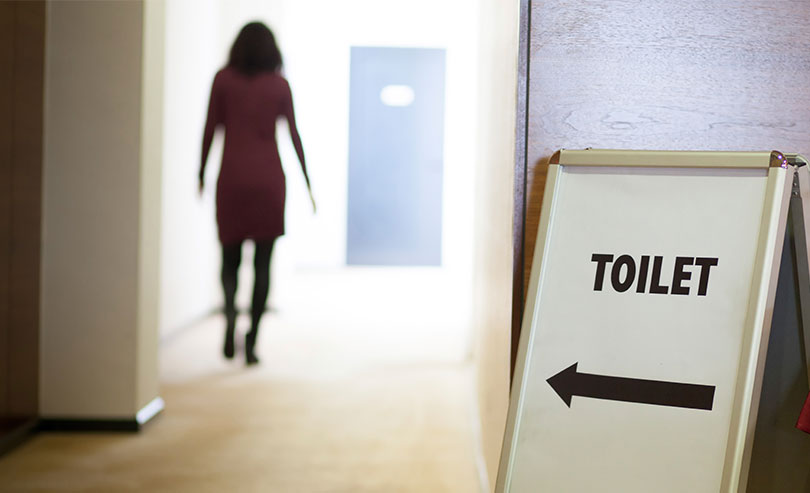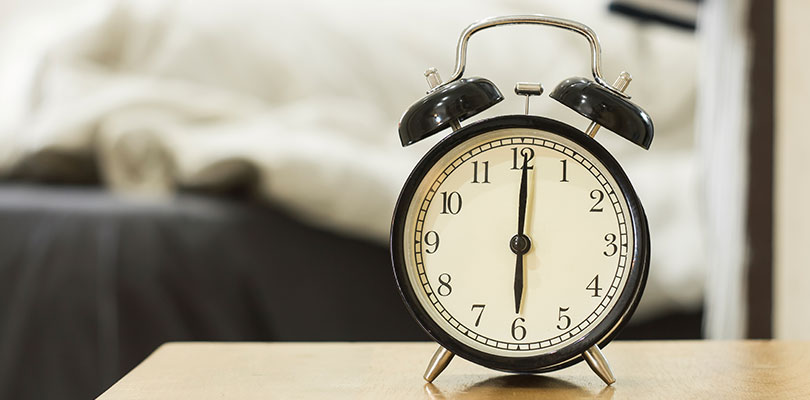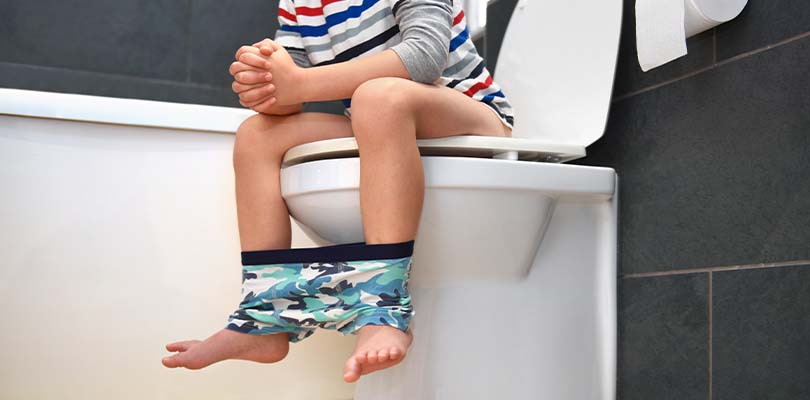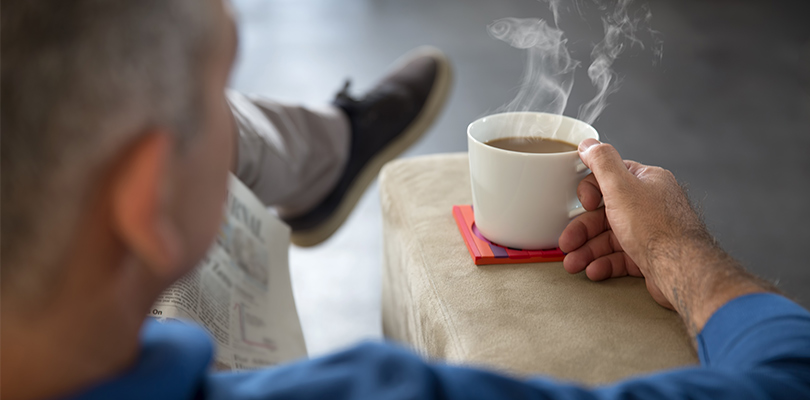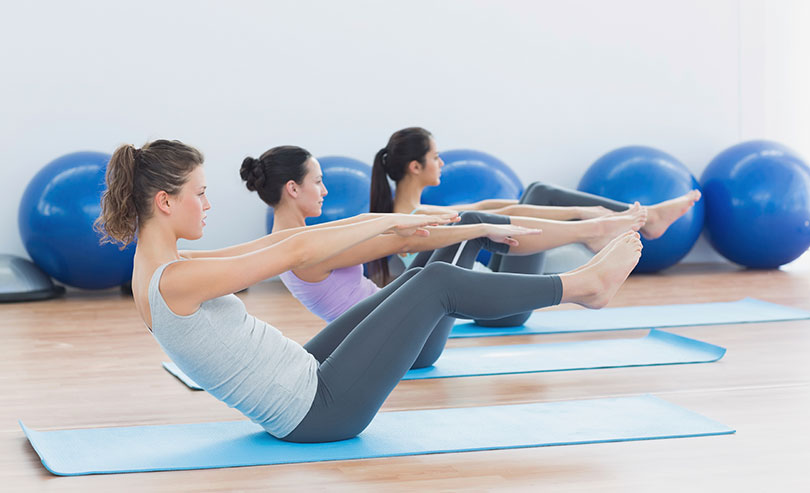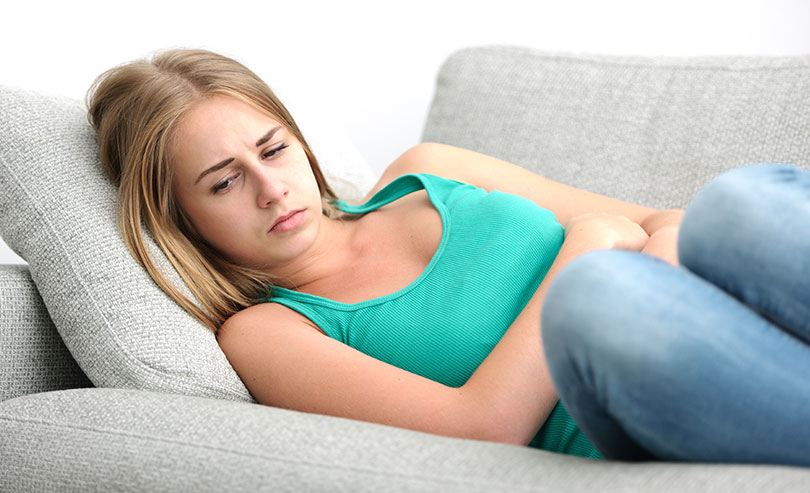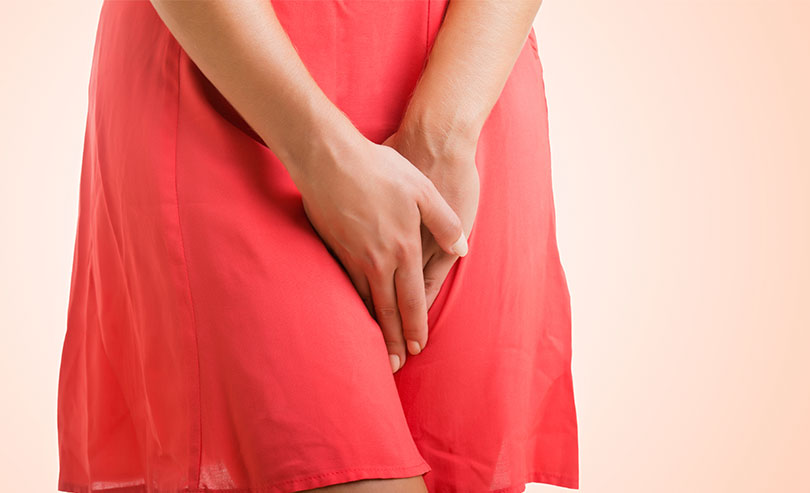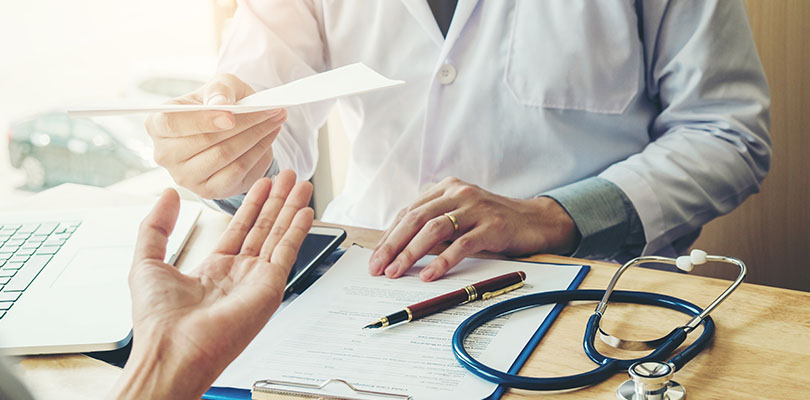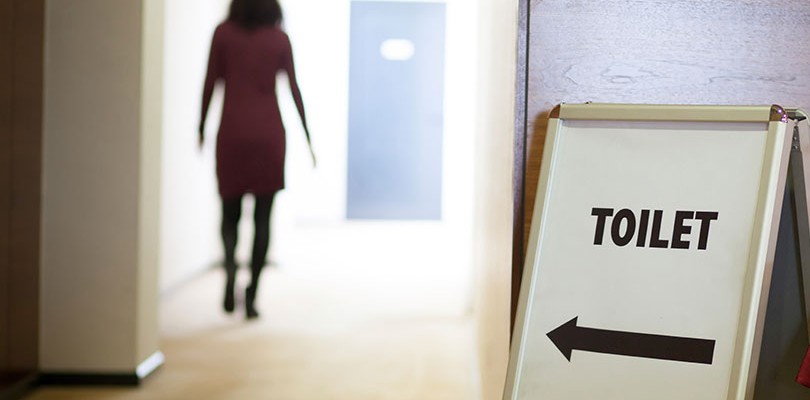
Photo Credit: aerogondo / istockphoto.com
6. OAB Is Due to a Small Bladder
It’s not the size of your bladder that matters, but rather how the muscles behave. OAB causes your bladder wall (the detrusor muscle) to contract too often, and at unfortunate times. Faulty signals between the brain and bladder may be at the root of the problem, especially if you suffer from MS or have had a stroke.
On average, an adult bladder can hold about two cups of fluid; if you can’t seem to hold that much, you can work up to that goal with bladder training exercises. Learning to postpone bathroom trips by a few minutes at a time can eventually help you to hold your bladder comfortably and avoid accidents.
Resources
Healthline (Overactive Bladder vs. Urinary Incontinence and UTI: What’s the Difference?)Healthmonitor (Top 5 Myths About Overactive Bladder)Uro Today (Beyond the Abstract - Misconceptions and miscommunication among aging women with overactive bladder symptoms)Vibrant Nation (OAB Fact vs Fiction)Healthguides (10 Myths about Overactive Bladder)Related Search Topics
You May Also Like
There are several ways you can still sleep well despite overactive bladder so you can relieve symptoms and wake up refreshed.
